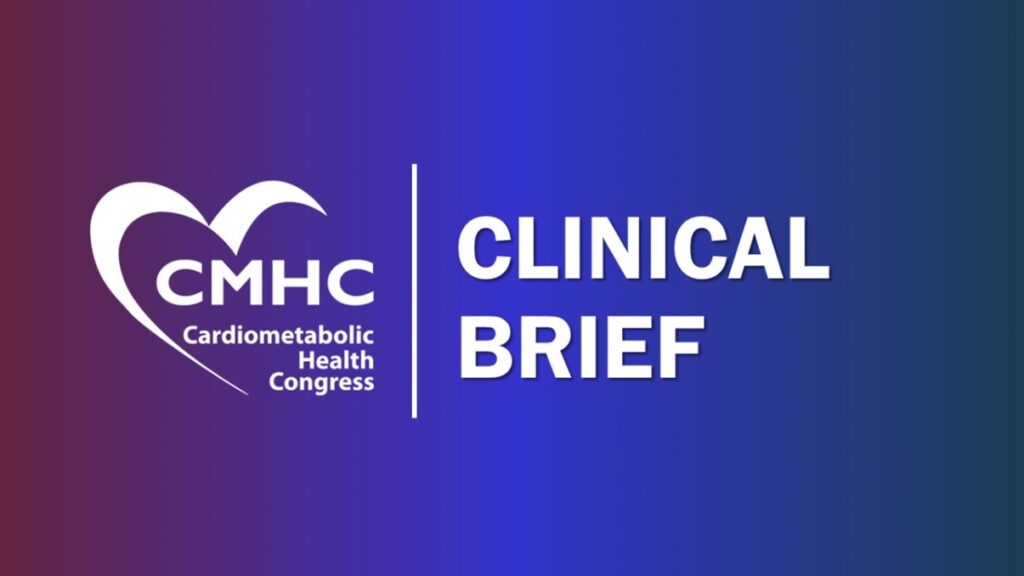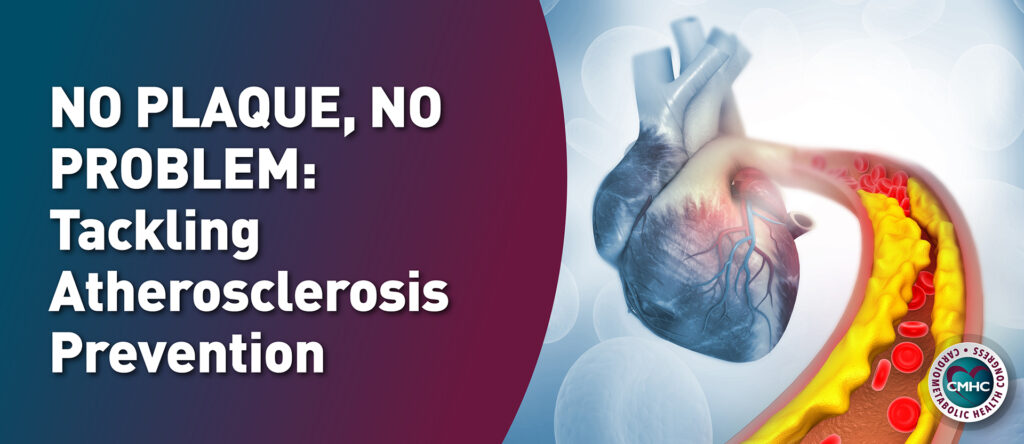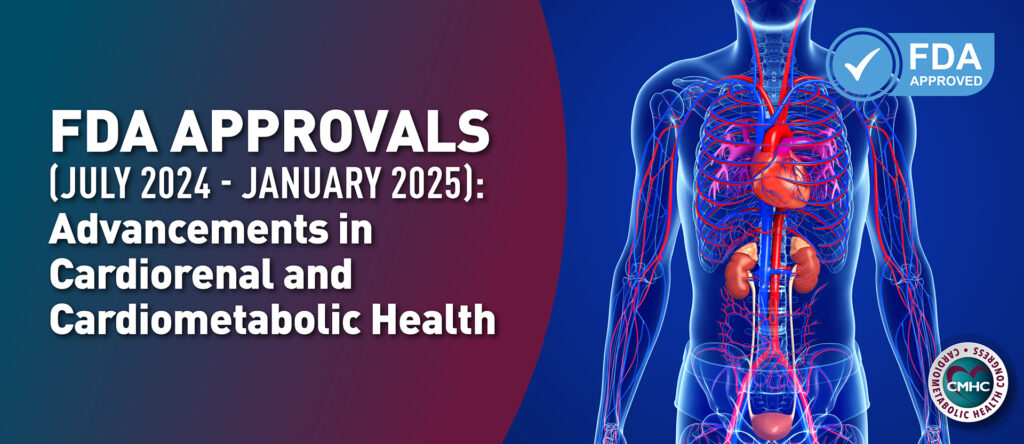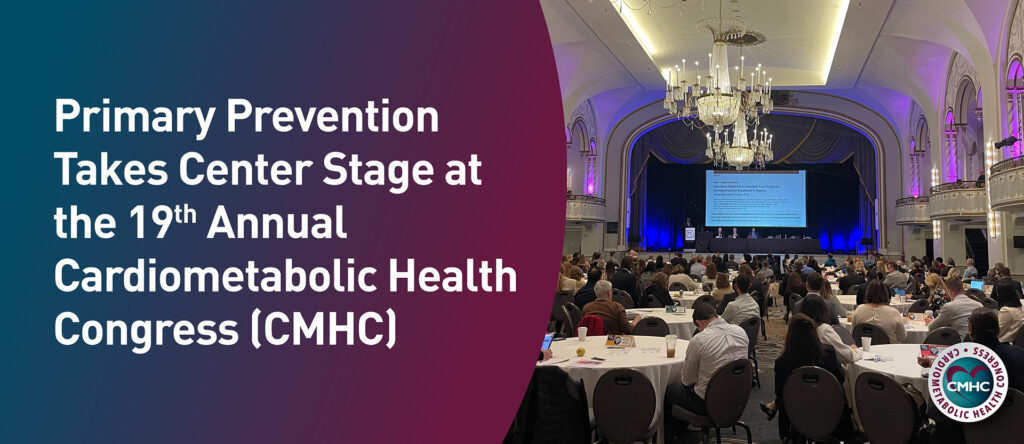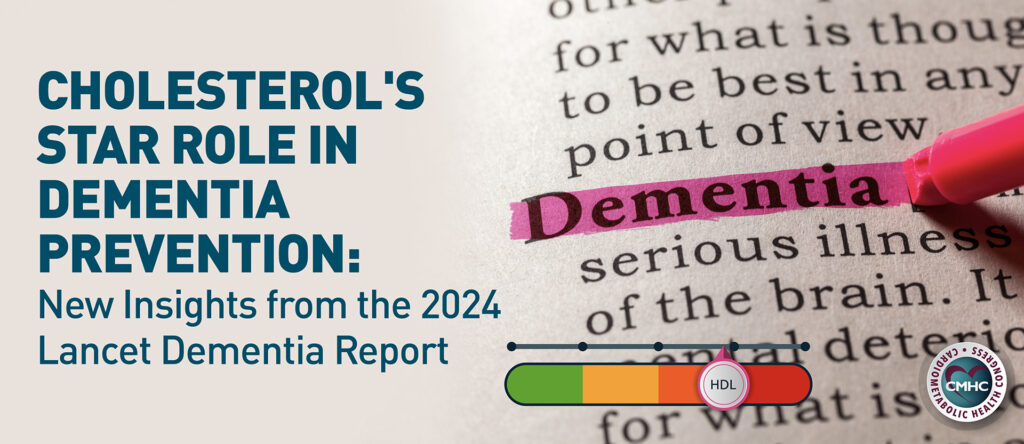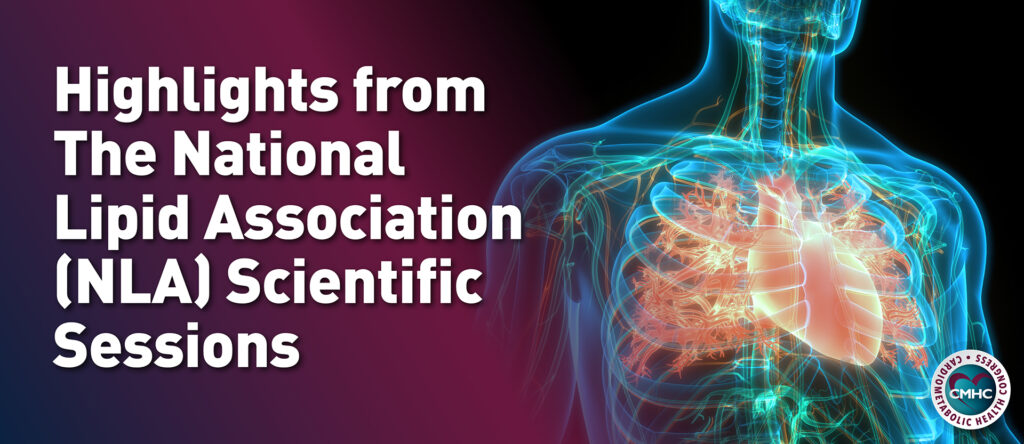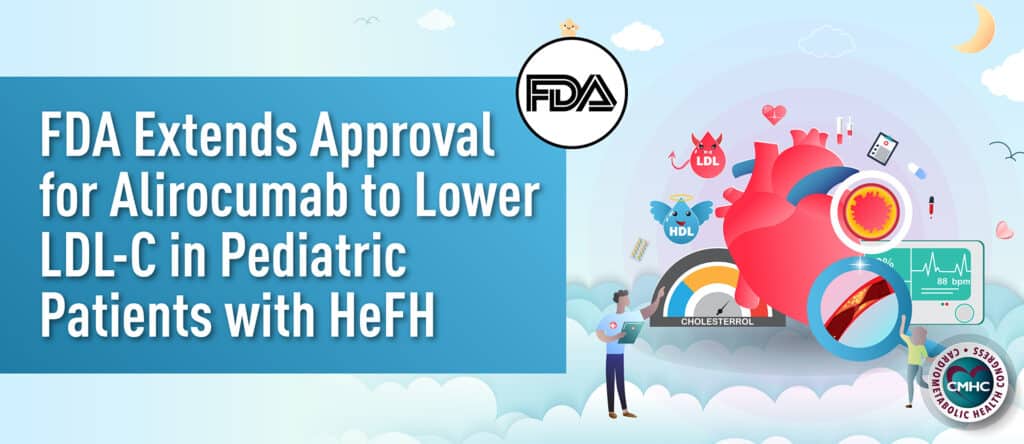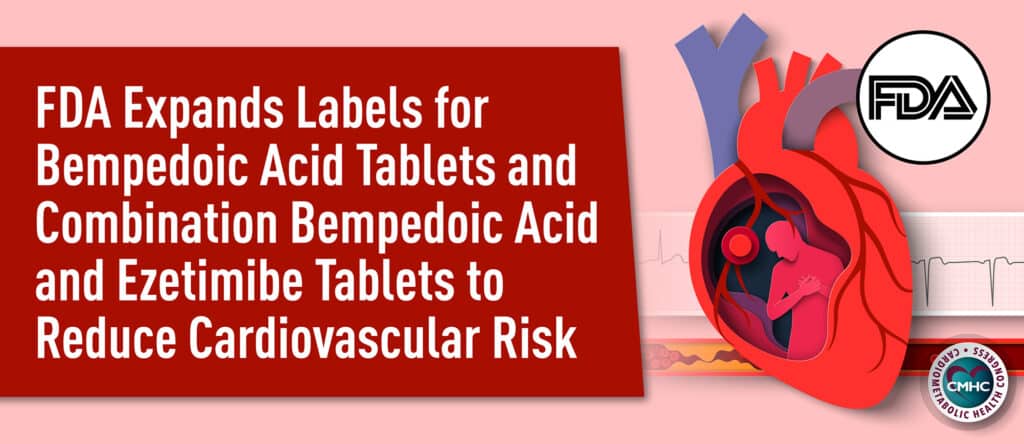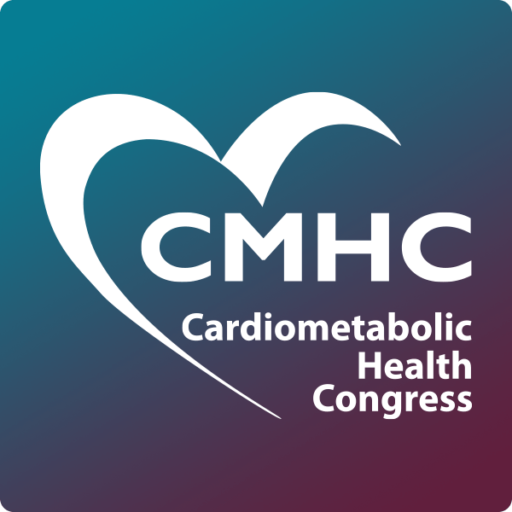Lipid Management
Dyslipidemia is the imbalance of lipids such as cholesterol, low-density lipoprotein cholesterol, (LDL-C), triglycerides, and high-density lipoprotein (HDL), resulting from diet, tobacco and alcohol use, sedentary lifestyle, or genetic factors such as familial hypercholesterolemia. It is a leading cause of cardiovascular disease and may contribute to severe complications.
CME Activities
News Digest
No Plaque, No Problem: Tackling Atherosclerosis Prevention
FDA Approvals (July 2024 – January 2025): Advancements in Cardiorenal and Cardiometabolic Health
Primary Prevention Takes Center Stage at the 19th Annual Cardiometabolic Health Congress (CMHC)
Cholesterol’s Star Role in Dementia Prevention: New Insights from the 2024 Lancet Dementia Report
Highlights from The National Lipid Association (NLA) Scientific Sessions
FDA Extends Approval for Alirocumab to Lower LDL-C in Pediatric Patients with HeFH
FDA Expands Labels for Bempedoic Acid Tablets and Combination Bempedoic Acid and Ezetimibe Tablets to Reduce Cardiovascular Risk
Cardiometabolic Health Congress Becomes First Organization to Offer Certification in Cardiometabolic Health
Cardiometabolic Health Congress (CMHC) Launches Focused Digital Education Hubs
Expert Highlights and Perspectives
Exploring Novel Strategies for LDL-C Combination Therapy
Lipid-Lowering in Women: Additional Perspectives
Additional Insights on the Spectrum of LDL-C Lowering therapies and Efficacy in Women
Patient Story: Agnes' Journey

Patient Story: Take Home Messages for Clinicians

Recap of Major Lipid-Lowering Trials at 2023 ACC
Watch Dr. Ballantyne and Dr. Michos discuss key trials in lipid lowering presented at 2023 ACC, including CLEAR Outcomes with bempedoic acid, a phase 2 trial with oral PCSK9 inhibitor MK-0616, as well as their potential implications. Recorded March 10, 2023
Lipid Management in the Post-ACS Patient
Watch Drs. Ballantyne, Taub, and Virani discuss some practical pearls about the optimization of lipid-lowering therapy in patients with a recent MI or an acute coronary syndrome (ACS) event. They discuss suboptimal LDL-C levels in these patients, reasons for these gaps, and how to lower LDL-C levels early and effectively with evidence-based therapies in order to minimize the risk of recurrent events. (Recorded June 20, 2022).
Expert Perspectives and Recent Developments in LDL-C Lowering
Watch Drs. Ballantyne, Michos, and Saseen discuss some practical pearls about recent developments in LDL-C lowering. They discussed combination therapy and constantly evolving lipid therapy, including data about monoclonals, and siRNA, also presented at 2022 AHA meeting. Recorded on Dec. 14, 2022.
CMHC Annual 2021 Lipid Management Panel
CMHC Chairs Christie Ballantyne, MD and Robert Eckel, MD, as well as CMHC faculty Matthew Budoff, MD recap the lipid sessions presented at the 16th Annual CMHC, including perspectives and clinical pearls on ASCVD risk assessment, residual ASCVD risk, and ASCVD management and prevention.
Lipid Management in Very High-Risk Patients Post-MI: Expert Perspectives with Drs. Taub, Desai, Shapiro

MD, FACC
Watch Drs. Taub, Desai, and Shapiro discuss some additional perspectives on the management of very high-risk, including:
- The safety of very low LDL-C
- Concerns with statins and new-onset diabetes and how to address overall patient concerns about lipid-lowering therapy
- Residual ASCVD risk beyond LDL-C
Resources
Interactive Resources
Drug Pipeline
LDL-C Lowering
Lp(a) lowering
Triglyceride lowering
ASCVD = atherosclerotic cardiovascular disease; | HTG = hypertriglyceridemia; | siRNA = small interfering RNA | ASCVD = atherosclerotic cardiovascular disease; | CVD = cardiovascular disease | HeFH = heterozygous familial hypercholesterolemia | HoFH = homozygous familial hypercholesterolemia | HTG = hypertriglyceridemia | Lp(a) = lipoprotein (a); | PCSK9 = Proprotein convertase subtilisin/kexin type 9 interfering RNA | siRNA = small;


